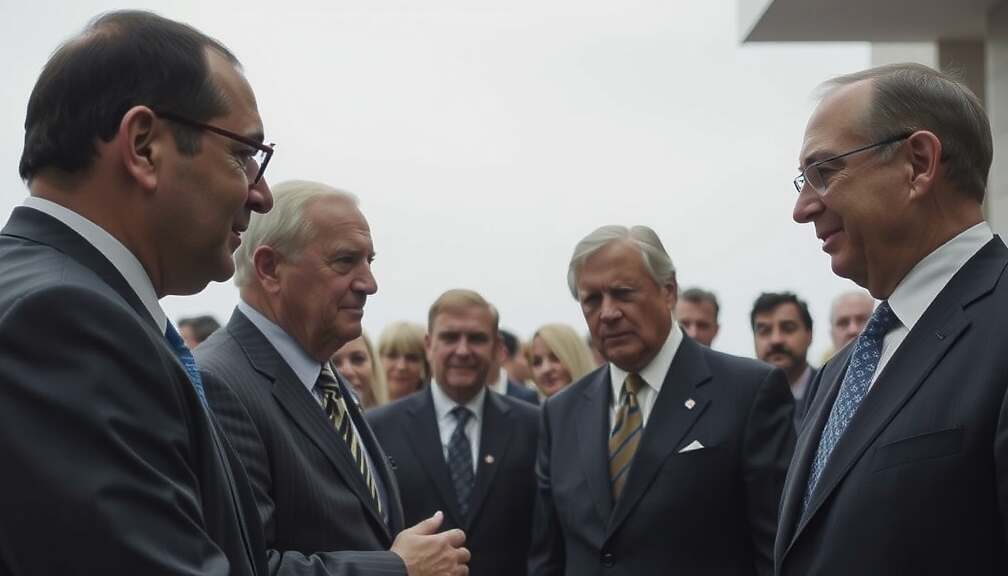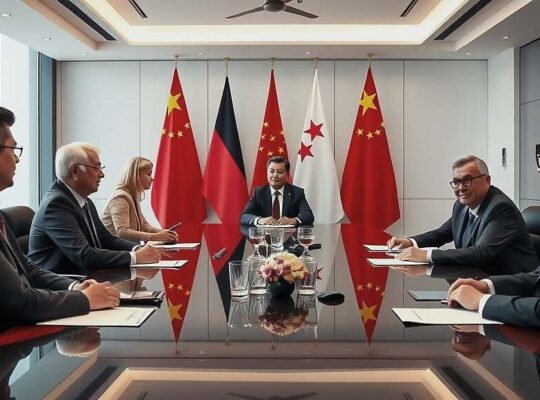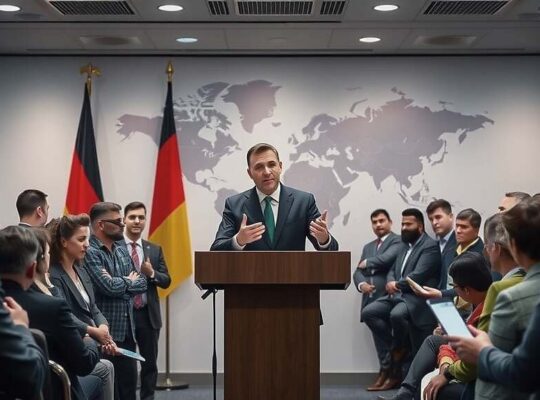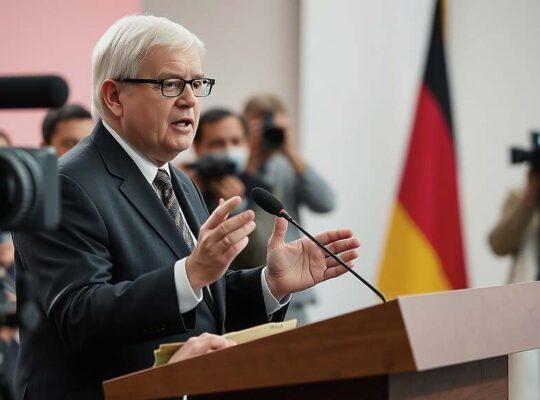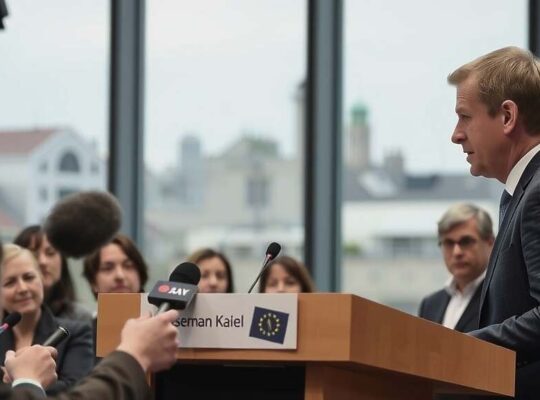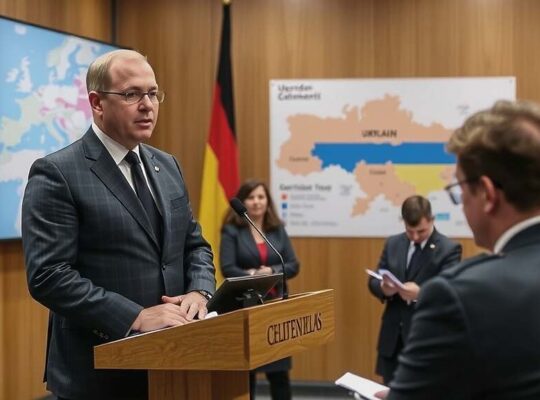The anticipated Gaza “peace ceremony” in Sharm el-Sheikh, intended to mark a potential shift in regional dialogue, has been conspicuously undermined by the absence of Israeli Prime Minister Benjamin Netanyahu. Despite an initial invitation from US President Donald Trump, Netanyahu’s office announced on Monday that he would not attend, citing scheduling constraints in the lead-up to the Jewish holiday season.
The explanation, while seemingly procedural, raises serious questions about the sincerity of Israel’s commitment to the nascent discussions. While Netanyahu expressed gratitude to Trump for his efforts to “expand the circle of peace” the last-minute cancellation, particularly given the tradition among Israeli politicians to avoid travel during Shabbat and holidays, smacks of a deliberate maneuver.
Analysts suggest the move serves multiple purposes. Firstly, it allows Netanyahu to deflect potential criticism domestically; participating in a high-profile event with Palestinian representatives, especially amidst ongoing tensions, could have been politically damaging. Secondly, it allows Israel to recalibrate its position and potentially exert more leverage in future negotiations without the immediate pressure of a televised summit.
Crucially, the cancellation highlights a deeper reluctance within the Israeli government to engage in meaningful concessions. While US-led efforts to foster regional stability are welcome, the circumstances surrounding Netanyahu’s absence cast a shadow on the genuine possibility of progress. The absence of the Israeli Prime Minister signifies more than just a logistical inconvenience; it’s a tacit demonstration of the significant obstacles that remain in the pursuit of regional peace and underscores the ongoing complexities of Israeli-Palestinian relations, further hampered by political considerations and deeply entrenched skepticism. The impact on the broader US strategy for the region remains to be seen, but the episode undeniably weakens the foundation upon which any tangible advances could be built.


